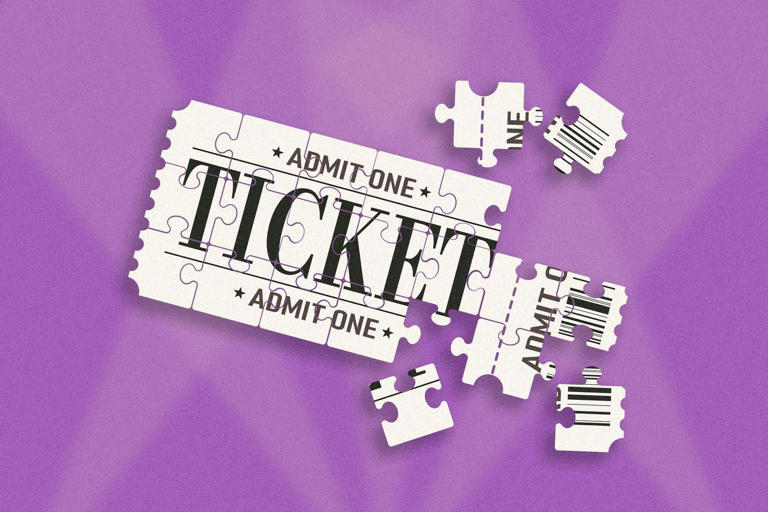The Justice Department’s recent antitrust lawsuit against Live Nation Entertainment has sparked significant debate within the live-events industry, coinciding with a remarkable resurgence in consumer demand for concerts and events. With artists ranging from global sensations like Taylor Swift to legendary acts such as the Rolling Stones, along with modern icons like Bad Bunny and Pink, captivating audiences worldwide, the federal government’s allegations against Live Nation have brought to light concerns about monopolistic practices and their impact on consumers.
At the heart of the lawsuit is the assertion that Live Nation holds a virtual monopoly over various facets of the live-events landscape, including concert sponsorship, promotion, and ticketing. The Justice Department contends that Live Nation’s extensive control over these key elements allows it to suppress competition, manipulate market dynamics, and ultimately inflate prices for concertgoers.
Central to Live Nation’s alleged monopolistic strategy is its “flywheel” approach—an interconnected network of businesses that spans concert promotion, venue operation, and ticket sales. By leveraging this integrated ecosystem, Live Nation purportedly exerts undue influence over the entire supply chain of live events, from artist bookings to ticket distribution, effectively dictating terms and pricing structures to the detriment of competitors and consumers alike.
However, Live Nation vehemently refutes these claims, asserting that its ticketing subsidiary, Ticketmaster, operates independently and does not dictate ticket prices. According to Live Nation, pricing decisions are typically driven by artists and their management teams, with the company merely facilitating ticket sales through its platform. Furthermore, Live Nation contends that the bulk of ticket fees are directed towards venue operators rather than being retained by the company itself.
The intricacies of concert ticket economics further complicate the matter, with multiple stakeholders sharing in the revenue generated from ticket sales. In addition to artists and promoters, ticketing platforms like Ticketmaster and venue operators all play a role in determining ticket prices and allocation of revenue. Live Nation’s extensive involvement across these various revenue streams positions it to capture a significant share of consumer spending on live events, from ticket sales to concessions, merchandise, and parking.
In recent years, the live-events industry has witnessed a concerted effort to maximize revenue and capitalize on surging consumer demand. Concert executives advocate for more aggressive pricing strategies to align ticket costs with market demand and deter scalping activities on the secondary market, which often result in exorbitant prices for consumers.
Despite facing regulatory scrutiny and legal challenges, Live Nation’s dominance in the live-events space remains formidable. With a portfolio of approximately 370 venues worldwide, including iconic establishments like the House of Blues chain and the Fillmore, along with Ticketmaster’s stronghold on the primary ticket market, Live Nation commands significant influence over the industry’s dynamics.
As the antitrust lawsuit unfolds, stakeholders across the live-events landscape are closely monitoring developments and considering the potential implications for the future of the industry. Whether the allegations against Live Nation are substantiated or not, the case underscores the need for greater transparency, accountability, and regulatory oversight to ensure fair competition and consumer protection in the live-events market.
